
With the reopening of schools, Ghana is set to roll-out the new Standards-Based Curriculum for Senior High, Senior High Technical and Science, Technology, Engineering and Mathematics schools. The introduction of the new curriculum is a significant milestone in Ghana’s efforts at delivering 21st century education.

The new curriculum is designed to prepare learners for the world of work, responsible adulthood and further academic studies by equipping them with 21st century skills, competencies, character qualities and shared Ghanaian values.
The curriculum strongly focuses on the learner and this requires teachers to be effective facilitators. As facilitators, teachers will oversee learning, both inside and outside the classroom, ensuring practical teaching which helps learners to create knowledge within a relatable, learner-focused and disciplined environment.
Indeed, teachers are the fulcrum of any effective education system and recognising this, teachers have been prioritised by the Ministry of Education and its agencies -National Council on Curriculum and Assessment (NaCCA), Ghana Education Service (GES), West African Examinations Council (WAEC), National Teaching Council (NTC) and National School Inspectorate Authority (NaSIA)—as key agents to drive the successful implementation of the new curriculum.
This prioritisation led to the introduction of Professional Learning Communities (PLC) sessions in all public secondary schools in May 2023. Teachers across all these schools have been meeting every week, supported by accompanying training materials to ensure that they understand the new curriculum.
This is in addition to the development of a Curriculum Microsite to support teaching and learning and the production of Teacher Manuals and Learner Materials. These interventions aim to ensure that teachers have the requisite knowledge, skills and competencies for effective curriculum delivery.

Professional Learning Communities (PLC):
PLCs are weekly meetings held in schools, where teachers discuss and explore how to integrate interactive pedagogies, differentiated assessment strategies and other soft skills to improve learners’ experience and ensure learners grasp concepts adequately and can apply knowledge in real-life situations.
In these weekly PLCs, teachers discuss the curriculum in-depth focusing on the content, pedagogy and assessment in the subject-specific curriculum. The sessions are guided by PLC handbooks, departmental PLC handbooks, subject-specific PLC handbooks, teacher manuals and learning planners.
These interactions among teachers have provided an enhanced institutionalised structure for continuous professional development at no cost to teachers, which ensures that peer learning and sharing of real classroom experiences strengthen and improve lesson delivery.
PLC sessions also provide an opportunity for teachers to discuss the curriculum in depth, focusing on integrating 21st century skills and competencies, Gender Equality and Social Inclusion (GESI), Social and Emotional Learning (SEL) and shared Ghanaian values. This holistic approach ensures that the curriculum is relevant and inclusive.
“We are building a critical mass of teachers to deliver high-quality education that is relevant, value-oriented and impactful to the country’s present and future development needs” says Prof. Jonathan Fletcher, Founding Dean of the School of Education and Leadership at the University of Ghana and Key Advisor on Curriculum to NaCCA.
He further explained, “The new curriculum’s success is a shared and collective responsibility, and teachers, as the primary implementors are being supported to navigate its complexities through comprehensive training and professional development opportunities”.
Teacher manual
Another key document that will support teachers is the Teacher Manual. Subject Specific Teacher Manuals contain all the content, pedagogy and assessment information needed by teachers to plan and deliver their lessons effectively each week based on the curriculum.
These manuals systematically break down the curriculum into teachable parts, where teachers are provided with the appropriate pedagogies, teaching and learning resources and the learning tasks associated with a given lesson.
Curriculum writers, comprising of over three hundred experts drawn from all walks of life including secondary school teachers, College of Education tutors, University faculty and industry professionals have meticulously and thoroughly developed these manuals to signpost teachers and learners on the demands and expectations of what is required of them when engaging with the curriculum.
To make these manuals usable, a structured template (Learning Planner) has been developed to ensure that teachers plan their lessons by considering the cross-cutting issues championed by the new curriculum.
In addition, these subject-specific manuals are expansive and provide further digital links for teachers to research, plan and deliver lessons that integrate 21st century skills and competencies, Shared Ghanaian Values, Differentiation, ICT, Gender Equality and Social Inclusion, and Social and Emotional Learning.
Learner materials
Learner materials are resources that provide learners with the opportunity to access educational materials both in school and at home, thereby enhancing their learning experiences.
Working with the teacher unions, the Ghana National Association of Teachers (GNAT), the National Association of Graduate Teachers (NAGRAT) and the Concerned Teachers of Ghana (CCT-GH), as well as subject associations, learner materials have been developed to ensure that learners have reference materials that will not only enable them to come to the class prepared but will also make the classrooms more efficient places of learning.
These learner materials are structured to align with the teacher manuals, ensuring that both teachers and learners can effectively navigate the curriculum.
The learner materials are designed to be interactive and engaging, incorporating a variety of activities that cater to different learning styles and needs. This approach both supports the academic growth of learners and encourages independent learning and critical thinking.
The development of these materials addresses the significant issue of the ‘no textbooks’ gap that often accompanies the introduction of a new curriculum. Learner Materials are available for free on the Curriculum Microsite and are also being loaded onto the tablets being supplied to Senior High Schools.
Curriculum microsite
A microsite has been developed by the Ministry of Education, GES and NaCCA. The microsite is a resource trove that serves as a hub for all teaching and learning resources developed for the curriculum, including Teacher Manuals, PLC Handbooks and Learner Materials, and includes a host of interactive links for further materials. With this microsite, teachers are empowered at the click of a button with all they need to succeed in their classrooms with this new curriculum.
Digital literacy training has been made available to all teachers by the National Teaching Council (NTC) to ensure that teachers have the skills and competencies to integrate ICT into their lesson delivery across all subjects. This training can be accessed for free through NTC’s Continuing Professional Development portal.
As we embrace this new chapter in Ghana’s educational journey with the introduction of a new SHS, SHTS and STEM curriculum, we must recommit our energies to empowering teachers to build the needed skills and competencies, inspire innovation and create transformative learning experiences that position learners at the centre of teaching and learning to enable all learners to succeed in an ever-evolving world.
The post Training and equipping teachers – nexus for the success of new SHS, SHTS and STEM curriculum appeared first on The Business & Financial Times.
Read Full Story
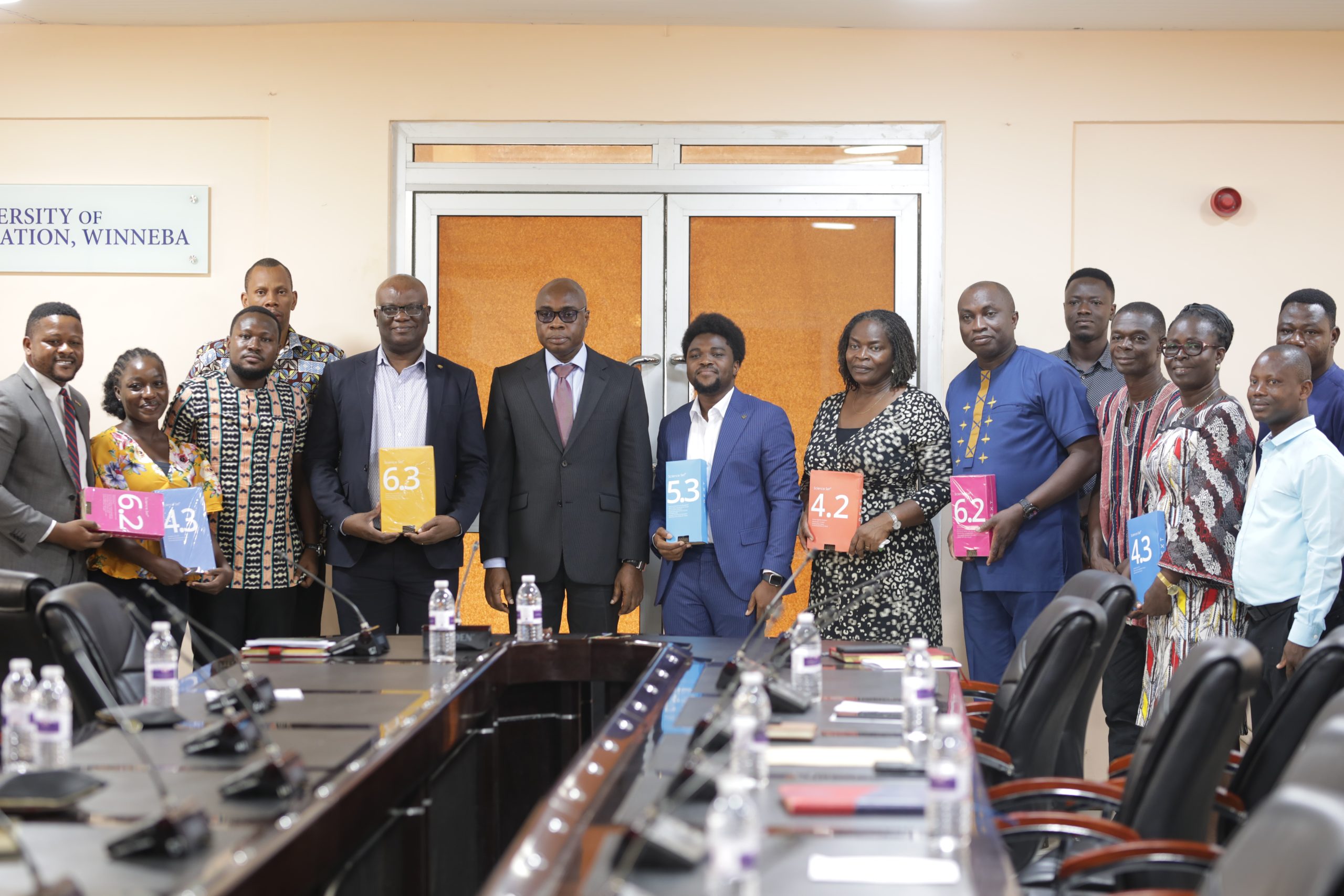




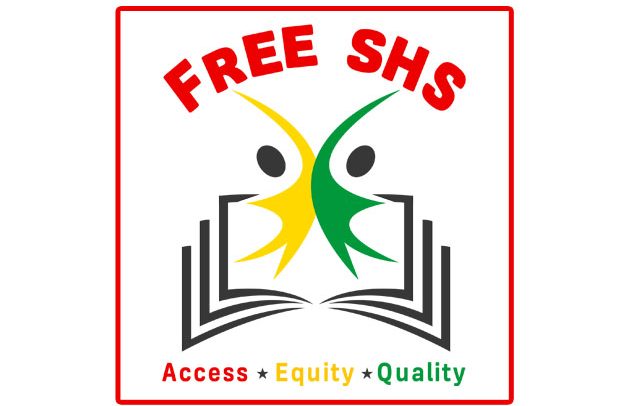
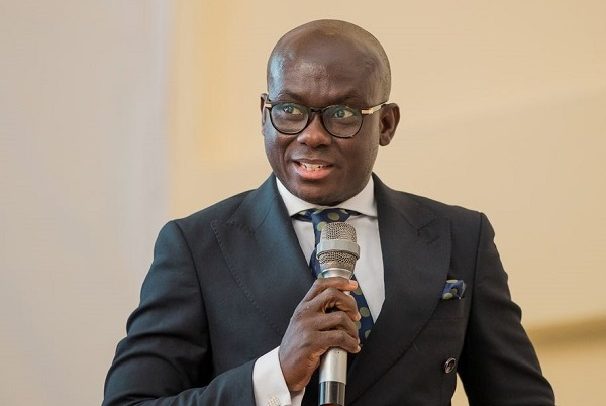

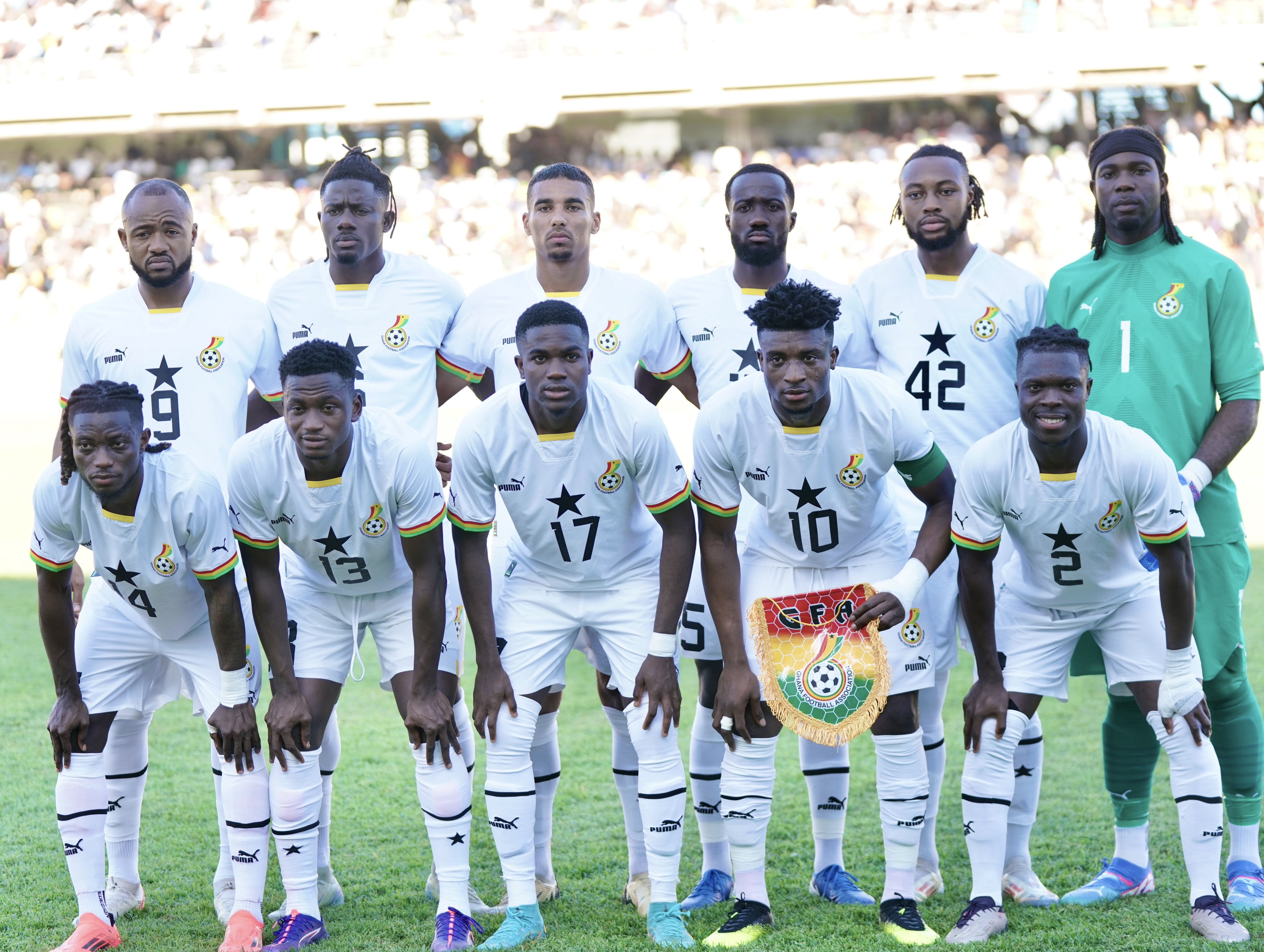
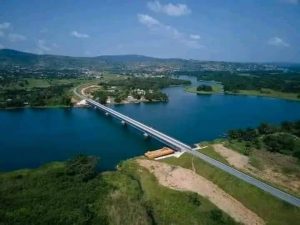
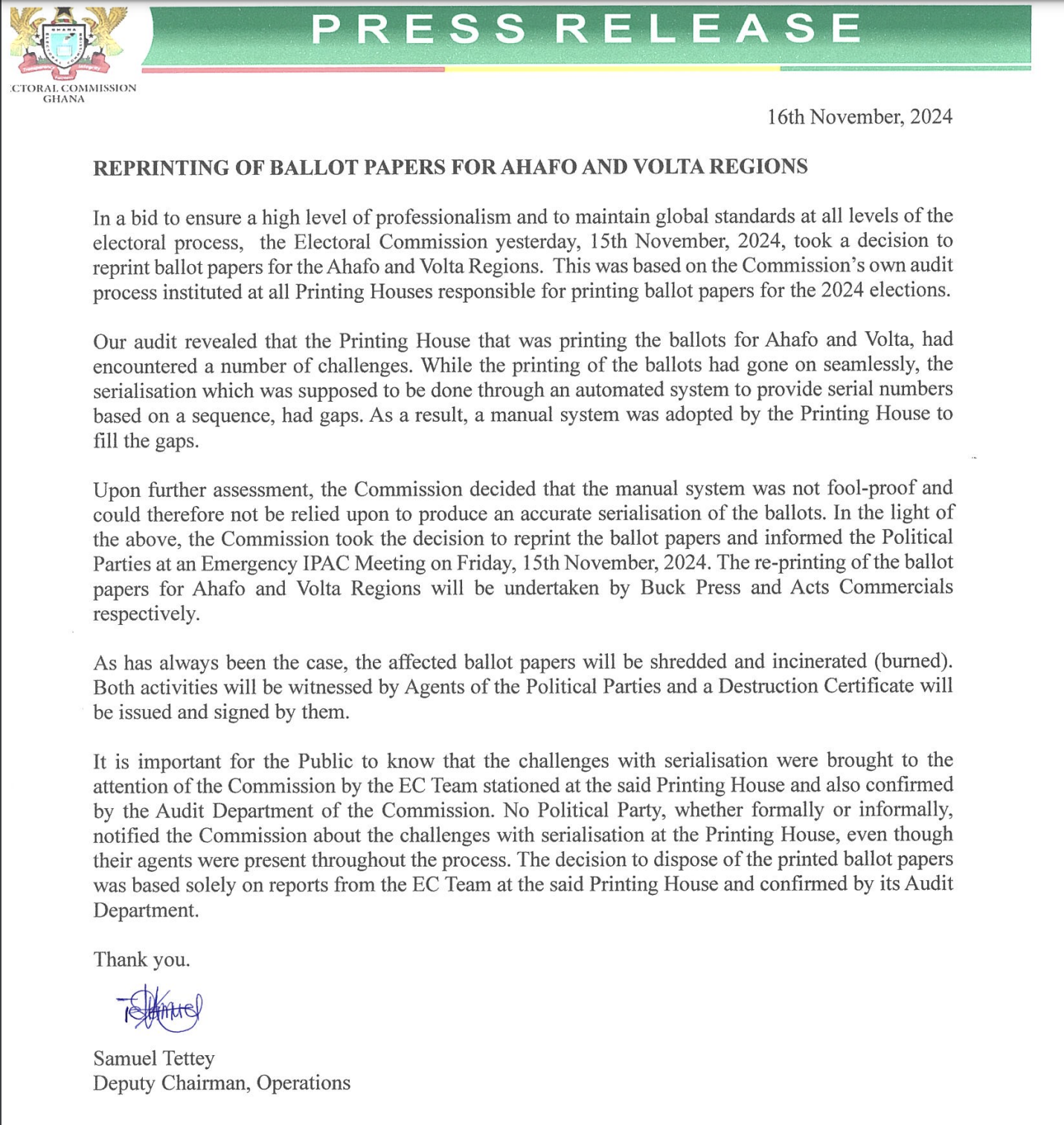
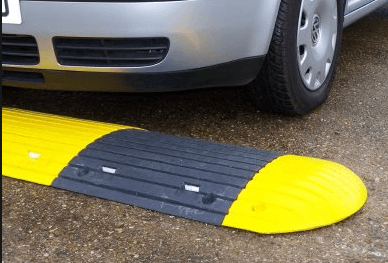

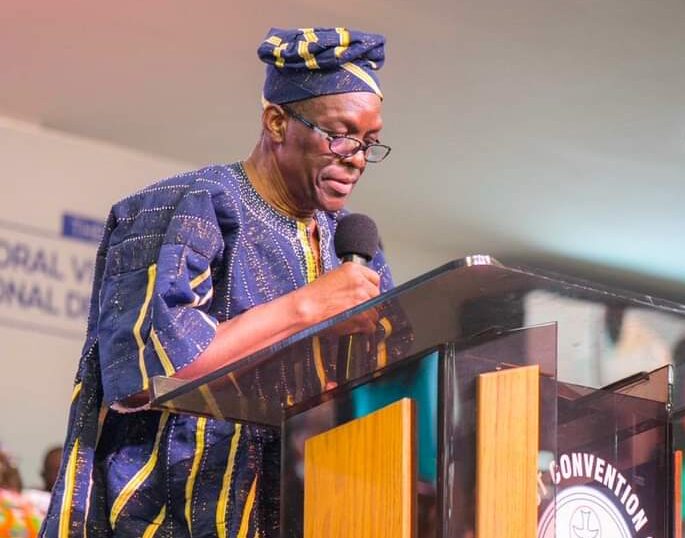
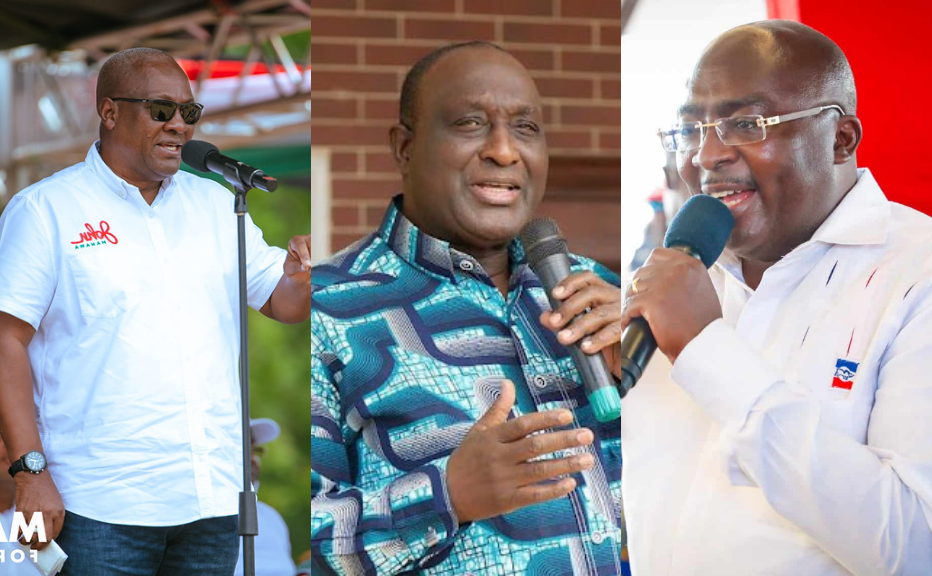

Facebook
Twitter
Pinterest
Instagram
Google+
YouTube
LinkedIn
RSS